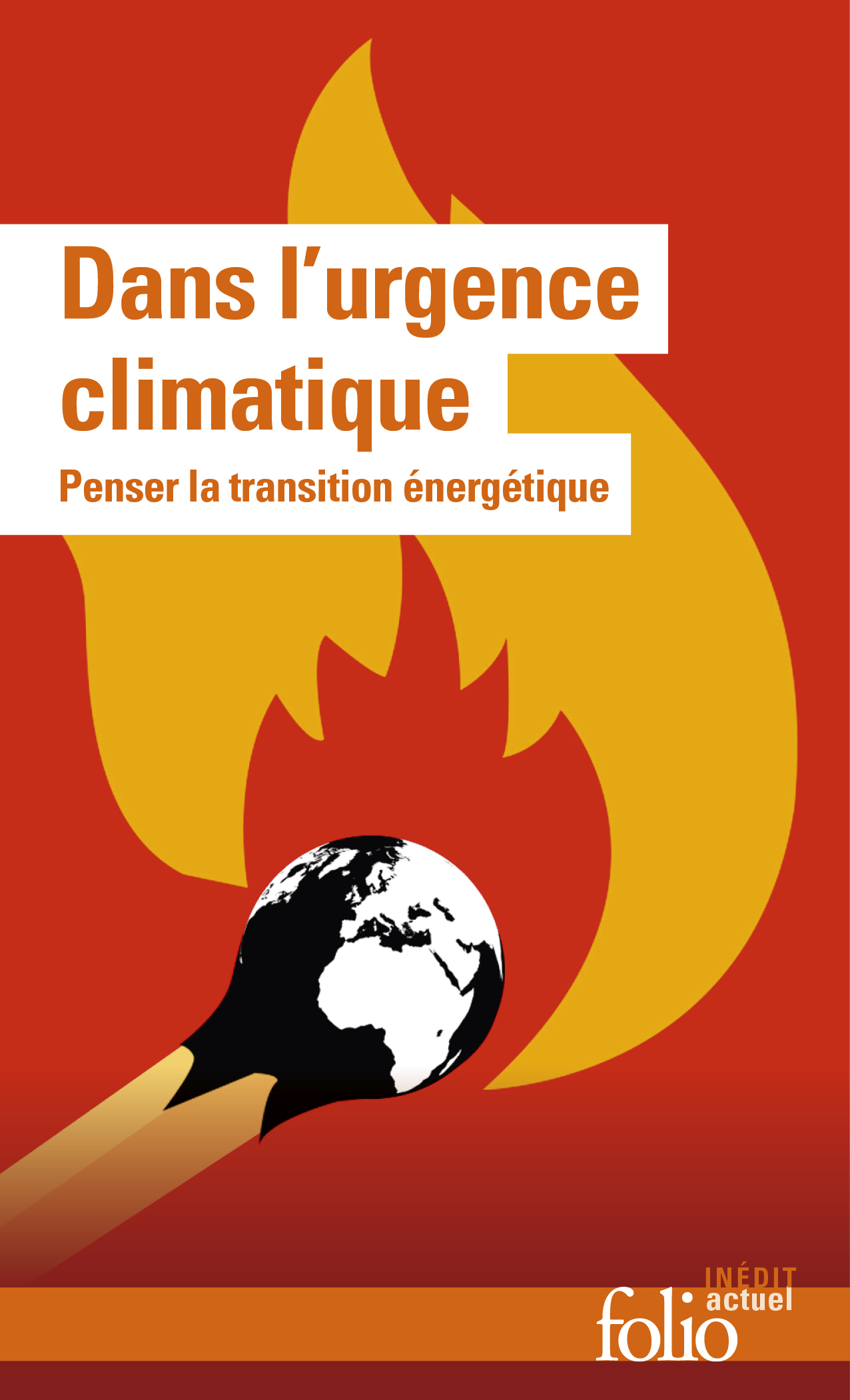Opinion
Under swollen tides, Venice says more about our future than our past
While tides high enough to submerge Venice used to be rare, occurring every two to three decades, they have now become increasingly regular. Five of the ten highest tides in recorded history occurred over the last 20 years, with the most recent one having occurred just last year. Is this the new normal?
Hundreds of millions have visited Venice to understand our history, but today it’s a monument to the decades ahead.
As a Venetian, I feel devastated. Seeing St Mark’s Basilica flooded is like watching a family heirloom drift away downstream. While the sight of gondolas being smashed against their moorings, while houses and shops soak has felt like a faceless assault against the Italian way of life. The city is used to dealing with the acqua alta (high water), notably during the winter when storms prowl the Mediterranean and strong sirocco winds — amplified by the narrow shape of the Adriatic — usher waves towards the northwest side of the sea. But this time has been different. It has been a catastrofe.
Take St Mark’s Basilica, which dazzling golden mosaics have narrated for centuries, like an open book, hundreds of stories taken from the Holy Scriptures. This gem of humanity has been flooded only six times in 900 years. Four of these floods have now dampened our doors over the last two decades. The last one was just last year.
The increased frequency is a clear consequence of climate change. Water from melting ice sheets and glaciers has led to a rise in global sea level of around 15 centimetres during the 20th century, creating a desperate challenge for coastal cities across the world. Venice, among the most vulnerable, represents the first case of a potentially long list.
Global warming has already reached 1 degree Celsius above pre-industrial levels, due to past and current greenhouse gas emissions. There is overwhelming evidence that this is resulting in profound consequences for ecosystems and people. Extreme storms that typically occur once per century could hit the world’s coastal cities at least once a year by 2050. By that time, more than 1 billion people are projected to live in the low-lying areas that will be in the path of those storms. This would amount to having 3,800 Venices’ underwater at the same time.
The dramatic call that loudly emerges from flooded Venice is clear: the world needs to scale-up its climate change mitigation efforts, while also investing deeply into adaptation measures.
On mitigation, the science is stark: limiting global warming to 1.5 degrees Celsius is the only way to protect humanity the world from the most dramatic impacts of climate change. To remain within this boundary, global greenhouse gas emissions have to rapidly decline, to reach net-zero in 2050. Urgency is dictated by a well-established fact: due to human activities, the global average temperature has already increased to date by approximately 1 degree Celsius above pre-industrial levels. This is becoming technically and economically possible, as most of the technologies needed to achieve global climate neutrality in 2050 are now available, at ever lower costs. What is needed are policy frameworks able to intelligently promote deep decarbonisation by accompanying the economic and industrial transformation this necessarily implies, and by ensuring the social inclusiveness of the overall process. For this reason, Green New Deals might well represent a sensible policy response to this challenge. Europe will soon start showcasing such initiative with its European Green Deal.
Alongside mitigation actions, measures must also be implemented to adapt to the various impacts of climate change, which occur or may occur in many areas of the planet — e.g., modification of the precipitation regime, reduction of water resources, increase in the frequency of extreme weather events such as heatwaves, floods and droughts. Economic sectors that depend on climatic conditions, such as agriculture, forestry, fishing, seaside and mountain tourism, health, transport, the energy system, financial services and insurance, may be severely affected by these impacts. Preventive action through the implementation of measures to adapt to certain impacts of climate change are crucial, as the costs of such preventive actions are less onerous from a socio-economic point of view than those resulting from the damage due to the same impacts. In the case of Venice, the Italian government has been discussing a project to keep floodwaters out of the city since the early 1980s. The project, known as MOSE and consisting of a deployable underwater dam system blocking the three entrances to the lagoon from the sea, has been under construction since 2003. After 16 years of work and €5.5 billion spent, it is yet to enter into operation, postponed by bureaucratic complications and corruption. Sadly, as we all see, climate change does not wait for either bureaucrats nor judges.
When work started on the St Mark’s Basilica, the architects, workers and priests must have known that they could never live long enough to see the masterpiece they were building. But that is the story of almost every cathedral in Europe. We do not embark on many projects like these ones nowadays, but today as we fight to save our warming world, we will all have to do so once again.
The Russian poet and essayist Joseph Brodsky once described Venice as “the greatest masterpiece our species produced”. I may be biased, but I suspect we will never surpass it. And yet, our determination to rescue the city will say as much about our species as the imaginations that built it.
For more from the author on the European Green Deal, listen to our podcast:
Republishing and referencing
Bruegel considers itself a public good and takes no institutional standpoint.
Due to copyright agreements we ask that you kindly email request to republish opinions that have appeared in print to [email protected].










